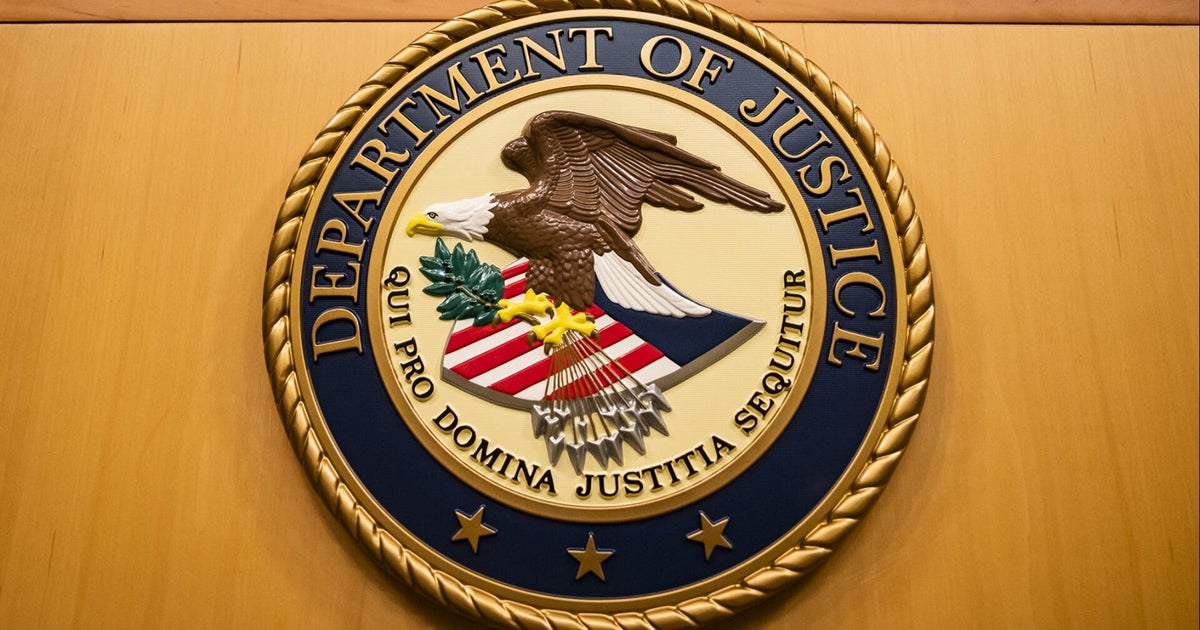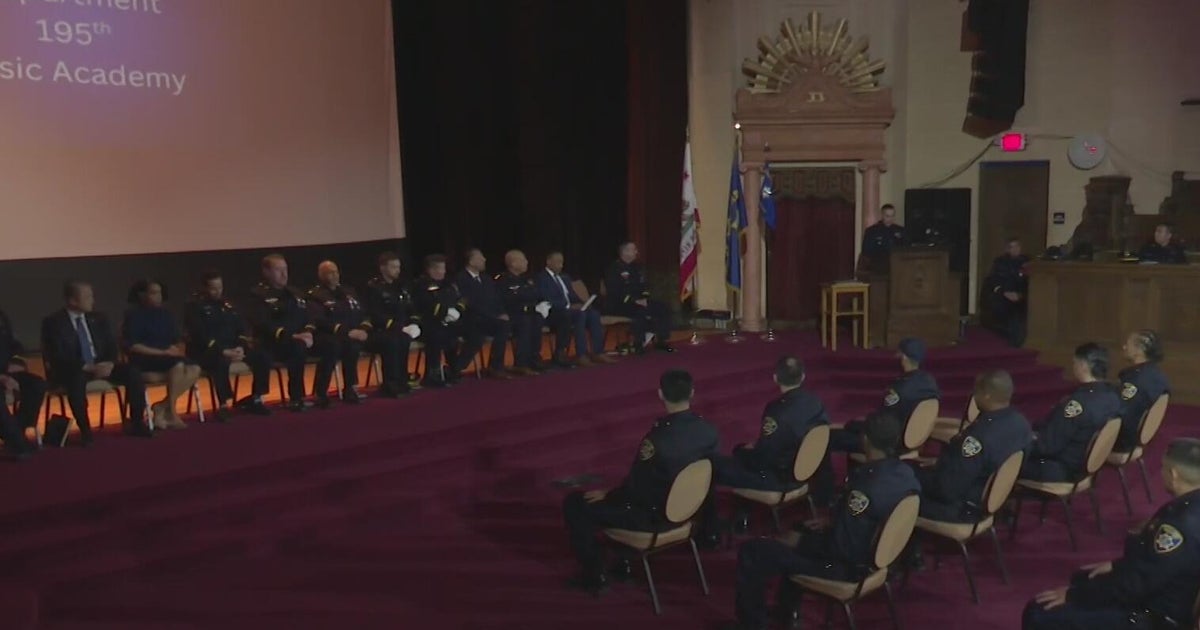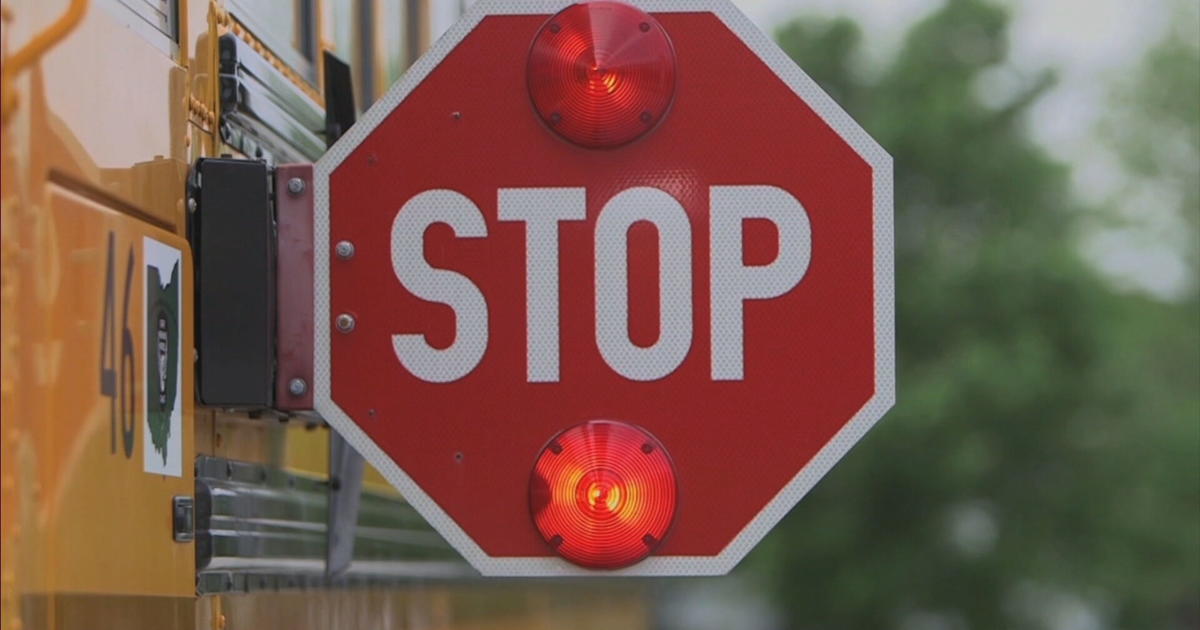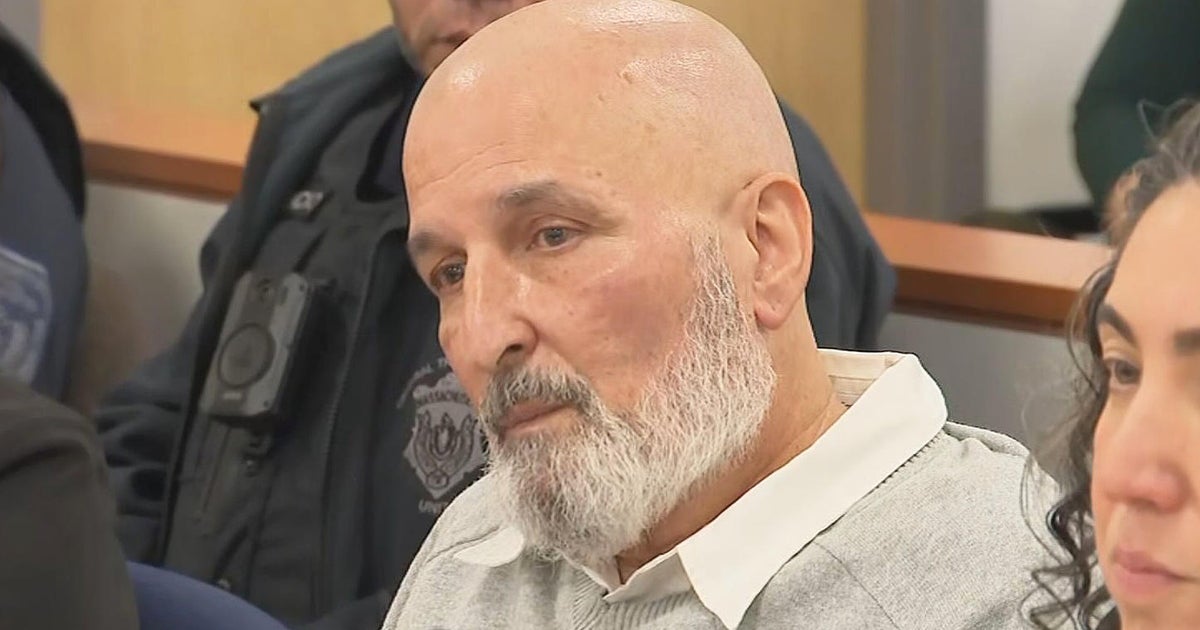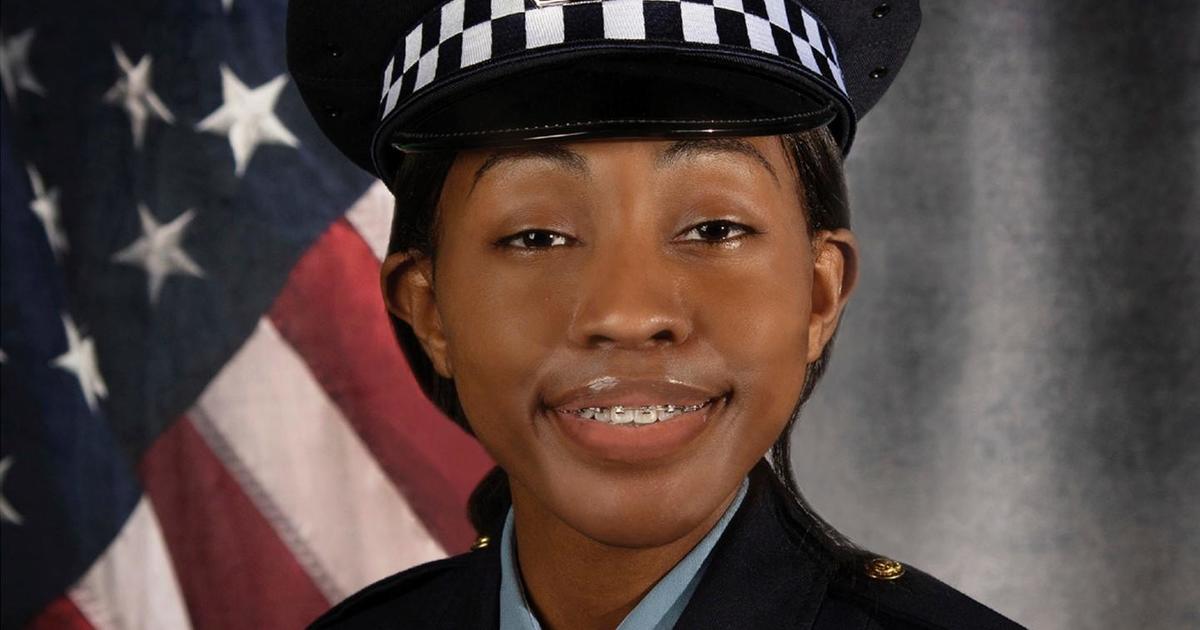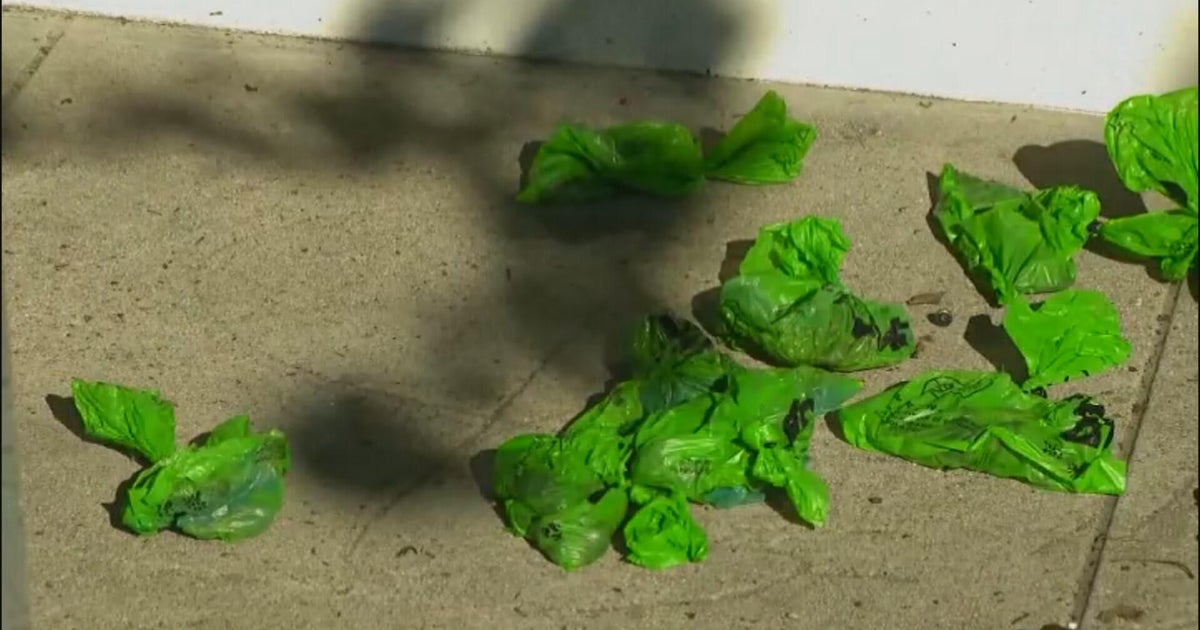Challenge To NYPD's Stop-And-Frisk Policy Begins In Federal Court
NEW YORK (CBSNewYork/AP) -- A class-action suit challenging the New York Police Department's stop-and-frisk policy got under way Monday with a lawyer saying that officers have been wrongly stopping tens of thousands of young men based solely on their race.
Darius Charney of the Center for Constitutional Rights said the policy is legal, but the department is doing stops illegally. Changes must be ordered by a federal judge to ensure the department stops wrongly targeting black and Hispanic men, he said.
He called many of the half million annual stops a "frightening and degrading experience'' for "thousands if not millions'' of New Yorkers over the last decade. He called them "arbitrary, unnecessary and unconstitutional.''
What Are The Arguments On Both Sides In Challenge To NYPD's Stop-And-Frisk Policy?
He promised plaintiffs will show the judge "powerful testimonial and statistical evidence'' that New Yorkers are routinely stopped without suspicion.
More than 100 witnesses are expected to testify at a federal trial about the NYPD's practice of stopping, questioning and frisking people.
Legal experts said the outcome could bring major changes to the nation's largest police force.
"When we say stop, question and frisk, we're not talking about a brief inconvenience on the way to work or school," said Charney, the lead attorney on the case. "We're talking about a frightening, humiliating experience that has happened to many folks."
The class-action lawsuit claims the NYPD's stop-and-frisk practice routinely violates the rights of minorities.
"At stake are the constitutional rights of hundreds of thousands of New Yorkers who have been illegally stopped by the NYPD and an untold number of New Yorkers who may be stopped by the NYPD in the future," Vincent Warren, director of the Center for Constitutional Rights, told 1010 WINS.
"Our position is you can't trust the police department to change this practice because it's so ingrained now," Center for Constitutional Rights attorney Jonathan Moore told CBS 2's Marcia Kramer.
Arguing for the city, attorney Heidi Grossman told the court that crime drives where police go and that minority neighborhoods overwhelmingly bear the brunt of crime. She noted that black and Hispanic communities have a disproportionate share of victims and perpetrators.
Grossman said that is why 87 percent of those stopped and frisked are black and Hispanic, not because of racial profiling.
Mayor Michael Bloomberg and Police Commissioner Ray Kelly have said it is a necessary, life-saving and crime-fighting tool that helps keep illegal guns off the street and has helped New York reach all-time crime lows.
Challenge To NYPD's Stop-And-Frisk Begins In Federal Court
"We focus our efforts in the neighborhoods where CompStat shows the majority of crime occurs. We don't pick out an ethnicity. We don't look at anybody's ethnicity. We go where the crimes are," Bloomberg said. "This year murders are down 33 percent from last year, which was a record. They are down 35 percent from the year before. They are down 42 percent from the year before that."
"The lives that have been saved has been dramatic," Kelly said. "And if somehow it's eliminated, the people who are going to suffer are the people in those areas that are most plagued by crime."
But others, including Rev. Jesse Jackson and newly announced Democratic candidate City Comptroller John Liu, took a different view.
Challenge To NYPD's Stop-And-Frisk Under Way In Federal Court
"There's nothing more painful than to be a victim of something you can do nothing about because of the color of your skin," Jackson said at an afternoon protest.
The controversial policy has also become a hot-button issue in the mayoral race.
"You have a practice that is creating a huge rift between police and the communities and any time that happens, it's less safe for everybody," Liu said.
Lawyers say the trial will include stories from a dozen black and Hispanic men who say they were targeted because of their race. Police officers and criminologists are also scheduled to testify.
The lawsuit is the second and broader legal challenge to the policy to be heard in federal court recently. The suit seeks a court-appointed monitor to oversee changes to how the police make stops.
"We want an end to racially discriminatory policing, we want an end to the violation of New Yorkers' constitutional rights and we want a police department that works for the people of New York and is accountable to the people of New York," Warren said.
A federal judge will rule on whether the department must make changes.
Street stops increased substantially in the mid-1990s, when, faced with overwhelming crime, then-Mayor Rudy Giuliani made stop-and-frisk an integral part of the city's law enforcement, relying on the "broken windows'' theory that targeting low-level offenses helps prevent bigger ones.
Stops rose and overall crime dropped dramatically in a city that once had the highest murder rate in the U.S.
There were only 419 murders in 2012, the lowest since similar record keeping began in the 1960s, down from more than 2,000 in the 1990s. And there were 531,159 people stopped, more than five times the number when Bloomberg took office a decade ago.
Stop and Frisk Going on Trial
Fifty-one percent of those stopped were black, 32 percent Hispanic and 11 percent white. According to U.S. Census figures, there are 8.2 million people in the city: 26 percent are black, 28 percent are Hispanic and 44 percent are white.
About half of the people are just questioned. Others have their bag or backpack searched. And sometimes police conduct a full pat-down. Only 10 percent of all stops result in arrest and a weapon is recovered a fraction of the time.
Please share your thoughts below...
(TM and © Copyright 2013 CBS Radio Inc. and its relevant subsidiaries. CBS RADIO and EYE Logo TM and Copyright 2013 CBS Broadcasting Inc. Used under license. All Rights Reserved. This material may not be published, broadcast, rewritten, or redistributed. The Associated Press contributed to this report.)

